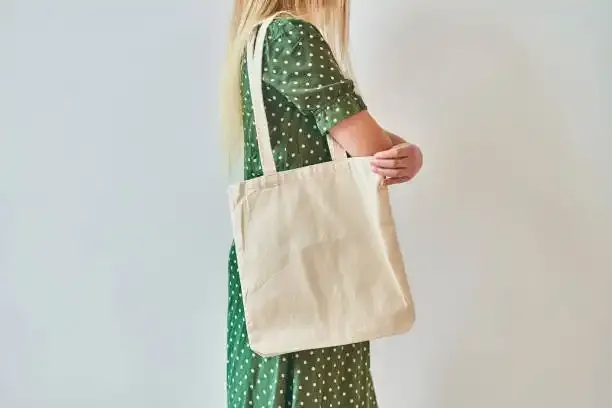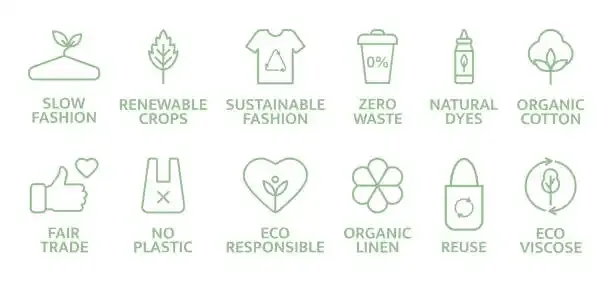Sustainable textile
Sustainable textiles are becoming increasingly important in our modern world due to the growing concerns over environmental degradation and climate change. Textile production is a significant contributor to carbon emissions, water pollution, and waste generation. As such, there has been a push toward creating more sustainable textile practices that focus on reducing these negative impacts.
One of the primary ways that sustainability can be achieved in textile production is through the use of eco-friendly materials. These materials should be sourced responsibly and produced using processes that minimize their impact on the environment. For example, organic cotton is grown without harmful pesticides or synthetic fertilizers, which reduces soil contamination and helps protect local ecosystems.
Another approach to sustainable textile production involves reducing waste at every stage of the supply chain. This means designing products with longevity in mind so they last longer before needing replacement or repair; developing closed-loop systems where waste from one process can be used as raw material for another; and implementing recycling programs to reduce landfill waste.
Furthermore, manufacturers need to consider their energy consumption during all stages of textile creation—from sourcing raw materials to finished product delivery—and minimize their reliance on non-renewable resources like fossil fuels whenever possible.
Consumers also play a vital role in promoting sustainable textiles by making informed purchasing decisions based on how products were manufactured and what materials were used. By supporting companies that prioritize sustainability in their operations, consumers send a powerful message about the importance of ethical fashion choices.
Sustainable textiles list
Sustainable textiles are becoming increasingly important as we strive to reduce the environmental impact of the fashion industry. There are many different types of sustainable textiles available, each with its own unique properties and benefits.
i. Organic Cotton- This type of cotton is grown without the use of synthetic pesticides and fertilizers. It is a more environmentally friendly option compared to conventional cotton farming.
ii. Hemp Fabric- Hemp is one of the most sustainable fibers available, it requires less water and fewer chemicals than other crops while also providing high yields for farmers.
iii. Linen- Made from flax plants, linen fabric has been used for thousands of years due to its durability and breathability. It is also biodegradable making it a great option for those looking for eco-friendly materials.
iv. Tencel (Lyocell)- This fiber comes from sustainably sourced eucalyptus trees which require less water than traditional cotton farming methods and have lower emissions during production.
v. Recycled Polyester- Made from recycled plastic bottles or other post-consumer waste products, recycled polyester reduces waste in landfills while also conserving natural resources such as oil that would otherwise be used in new polyester production.
vi. Bamboo Fabric– Bamboo fabric does not require much water irrigation or pesticides when growing compared to traditional fabrics like cotton but there may be some concerns about chemicals used during processing.
vii. Econyl- Econyl makes use of discarded fishing nets by transforming them into nylon yarns which can then be turned into clothing items reducing ocean pollution.
viii. Pinatex- Pinatex uses pineapple leaf fibers left over after harvesting pineapples which gives extra income to farmers who would normally discard these leaves.
These are just a few examples among many sustainable textile options currently available on the market today that can help reduce our overall impact on the environment while still producing high-quality fabrics suitable for various applications such as fashion design, furniture upholstery, or home decor.
Sustainable textile companies
The sustainable textile companies discussed above are just a few examples of organizations leading the way toward more eco-friendly practices in the industry. Through their dedication to using recycled or organic materials, implementing efficient production techniques, and promoting circular economy principles, these companies demonstrate that environmentally conscious business models can indeed be successful.
As consumer demand for sustainable textiles continues to grow, it is encouraging to witness such companies taking proactive steps toward reducing their ecological footprint. By supporting these businesses and making informed purchasing decisions as consumers, we contribute to fostering a more sustainable future for both the textile industry and our planet.










0 Comments